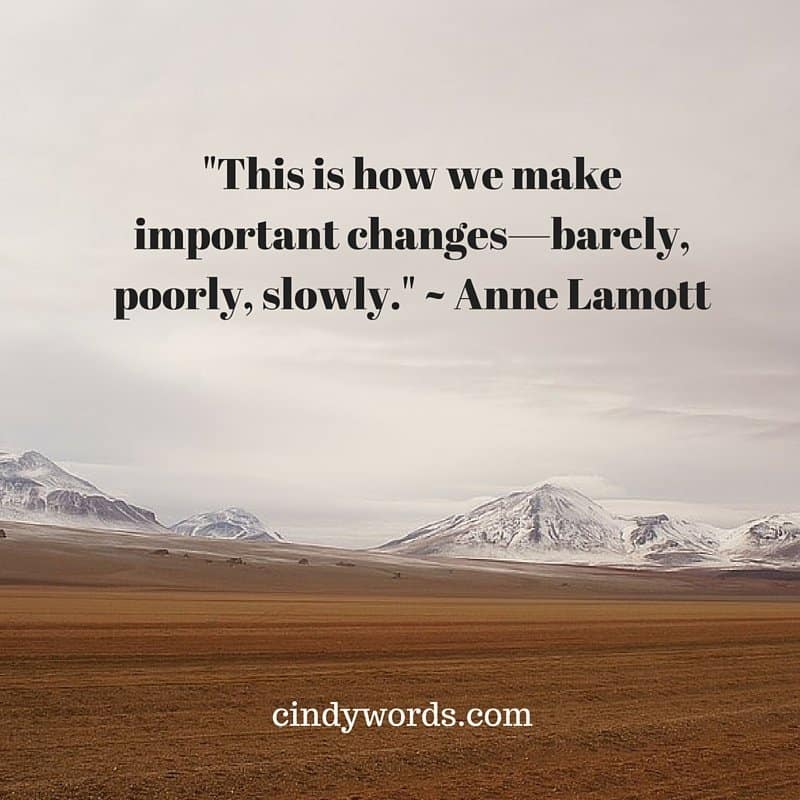
Inconspicuous Hope
February 23, 2016
“Whenever I’m approached by an evangelist – by a Christian missionary – I know I’m up against someone so obsessed and narrowly focused that it will do me absolutely no good to try and explain or share my own value system. I never want to be rude to them, of course, but never have any idea how to respond to their attempts to convert me; in short order, I inevitably find myself simply feeling embarrassed—first for them, and then for us both. I’m always grateful when such encounters conclude.” – K.C., Fresno
A few years ago, John Shore collected comments from Craigslist sites all over America asking What Non-Christians Want Christians To Hear. The results are cringe-worthy. As a progressive Christian, I consider myself part of a movement to try to re-vamp the brand of Christianity, defining ourselves as love over hate, inclusion over wall-building, listening instead of preaching. But it often feels like much of the internal conversations teasing out the nuances of faith is all that it is, internal. People outside of the Christian faith don’t care to engage in it. All our efforts to “breath new life” into religious structures corrupted by nationalism, consumerism, racism, sexism, and whatever other -isms, seem to be vaporizing into thin air. Turning the big ship of conservative evangelism, which seems to be setting a steady course towards dogmatic fundamentalism, is proving to be a futile endeavor—so much so that Christian ethicist, David Gushee, in his article for Religion News Services titled, “Conservative and progressive US evangelicals head for divorce,” suggests we abandon the ship and set off on separate ways altogether.
As a faith blogger, tracking these larger trends of religion, getting a feel for the cultural pulse is at least fascinating to me, and at most helps me to find the role I play in shaping public conversations about faith. As a Christian and a human being, realizing that my scathing criticisms against Christian institutions who systematically harm those within it, is not much more than throwing tiny white eggs against a large brick wall, is incredibly demoralizing. Telling atheist friends that no, my Christian faith is about love, feels weak against evidence of Christians spewing hate in the public arena. For every sensible, compassionate, subversive Christian article I post onto my facebook wall, Matt Walsh’s rhetorical blog posts reaffirming the status quo are being shared and retweeted multiple times more. It makes me want to immediately run and soak in, what my friend Kay Bruner calls, a sweary bubble bath.
Systems are not built overnight. For an empire to gain the kind of power that warrants its formidable status, it has spent years, generations even, building up a loyal following with impenetrable defensive teaching, institutions, and resources steadily feeding the masses. To change the minds of people who have been taught one thing for several generations is going to take more than one facebook comment. I am reminded of what Anne Lamott says about making important changes—barely, poorly, slowly.

This is how not to despair in the laborious work of subverting systems. Thrust all of our angry energies against it. Speak up loudly and harshly against institutional injustices that malign, marginalize, and oppress the vulnerable. Brutally tear down rhetoric which take up harmful residence in the tender souls of children and youth. Keep pointing an accusing finger, a middle finger if we must, at the ideologies which threaten our common good. Keep flinging those eggs with as much strength as we can muster against the brick wall even if just to watch them shatter into fragile white bits without making even so much as a dent, because revolutions can’t happen without brokenness.
But…reserve gentleness and patience for the individuals inside the system. I remember Jesus preaching without abandon against the evils of greed but extending friendship to the wealthy tax collector, Zacchaeus. Jesus’ message was so revolutionary as to upset his contemporary Roman empire, and yet he had great love for a Roman soldier, compassionately healing the centurion’s servant.
This is not to say we must give abundant grace to oppressors. No, I believe we must always side with the vulnerable. This is to say that we can’t make any progress in changing a system if we forget that systems are made up of individual human beings. The “masses” can form a terrifying machine, but the persons which make up the masses each contain dynamic personalities, history, and stories. And while yes, some perpetuate the poison of a corrupt system, there remains the potential for every divine image bearer to reflect the goodness of a good God. People change, even when systems don’t.
When we learn to zero in on individuals, our focus shifts from macro-level progress to spotting small pockets of hope. I do despair, sometimes, that the reputation of Christians is irreparably damaged, but my hope is kindled when I encounter Christians from all along the theological spectrum who are speaking and doing beautiful things. Isn’t it true that even in the darkest periods of human history, there arises individual heroes—that there are Oskar Schindlers in Nazi Germany, and Malala Yousafzais in Taliban controlled Pakistan? Isn’t it hopeful that in every horrific tragedy there are, as Mister Rogers famously reminds us, always helpers to be found?
I think our best hope for sustaining a work of barely, poorly, and slowly changing the world for the better is to counteract cynicism against the system with the enduring hope of individual light.
This, after all, is the Christian story. That the dramatic reversal of human history come not through an upheaval of the powerful systems but through unlikely individual characters we encounter in the biblical narrative. Miracles will come through the ordinary. Heroes come in small sizes. Hope will be inconspicuous.
Pay attention, lest we lose heart.

